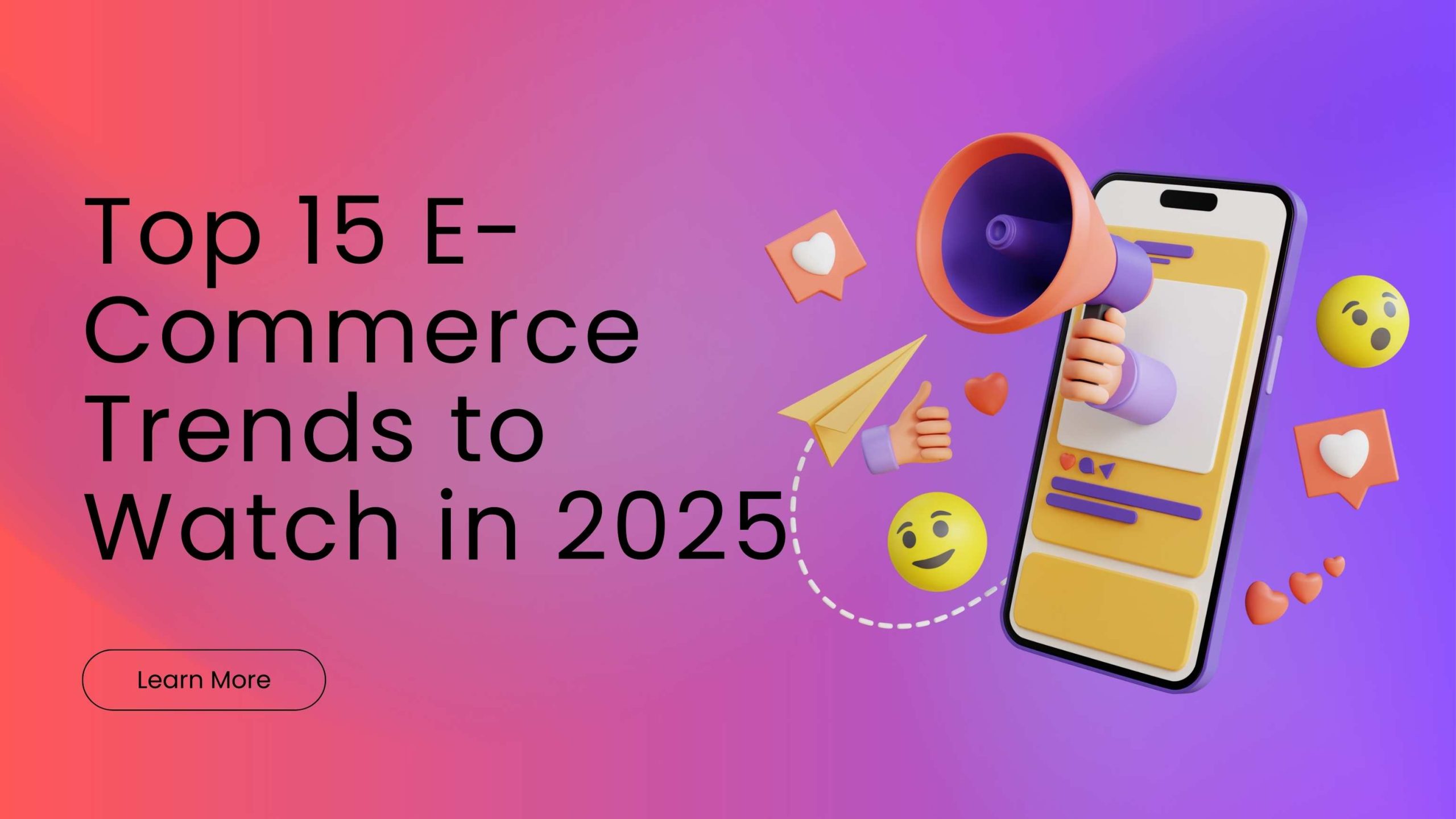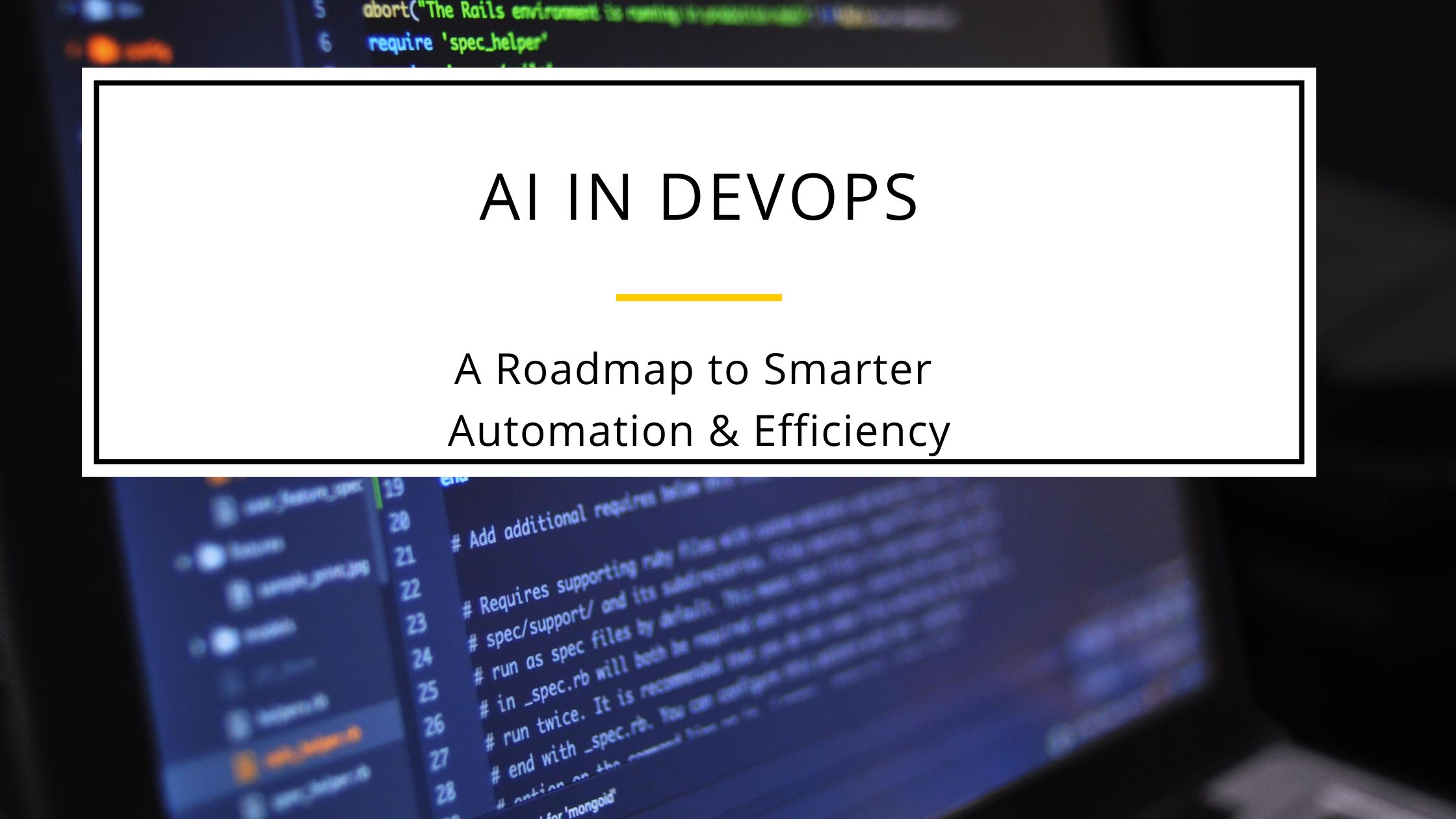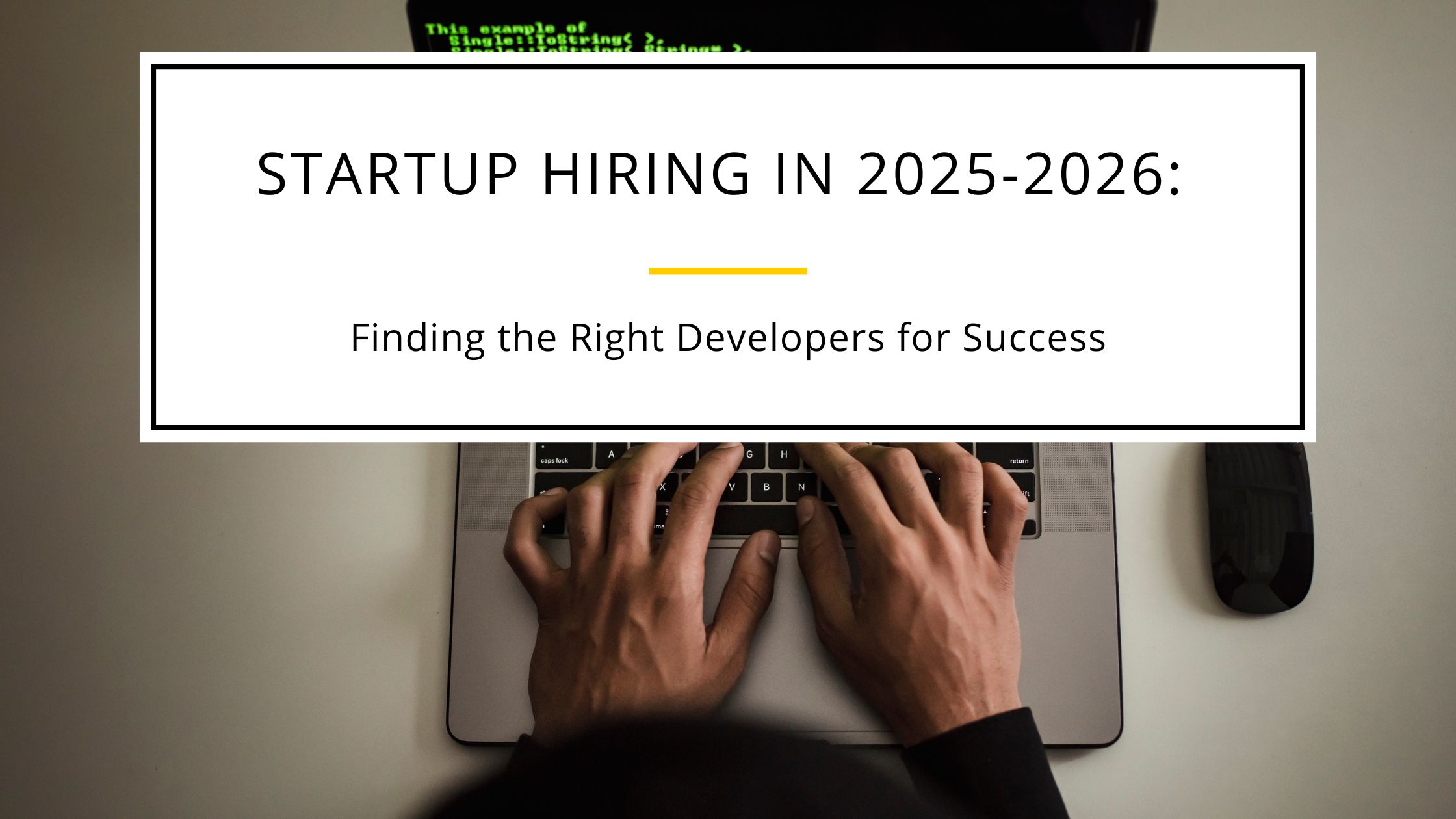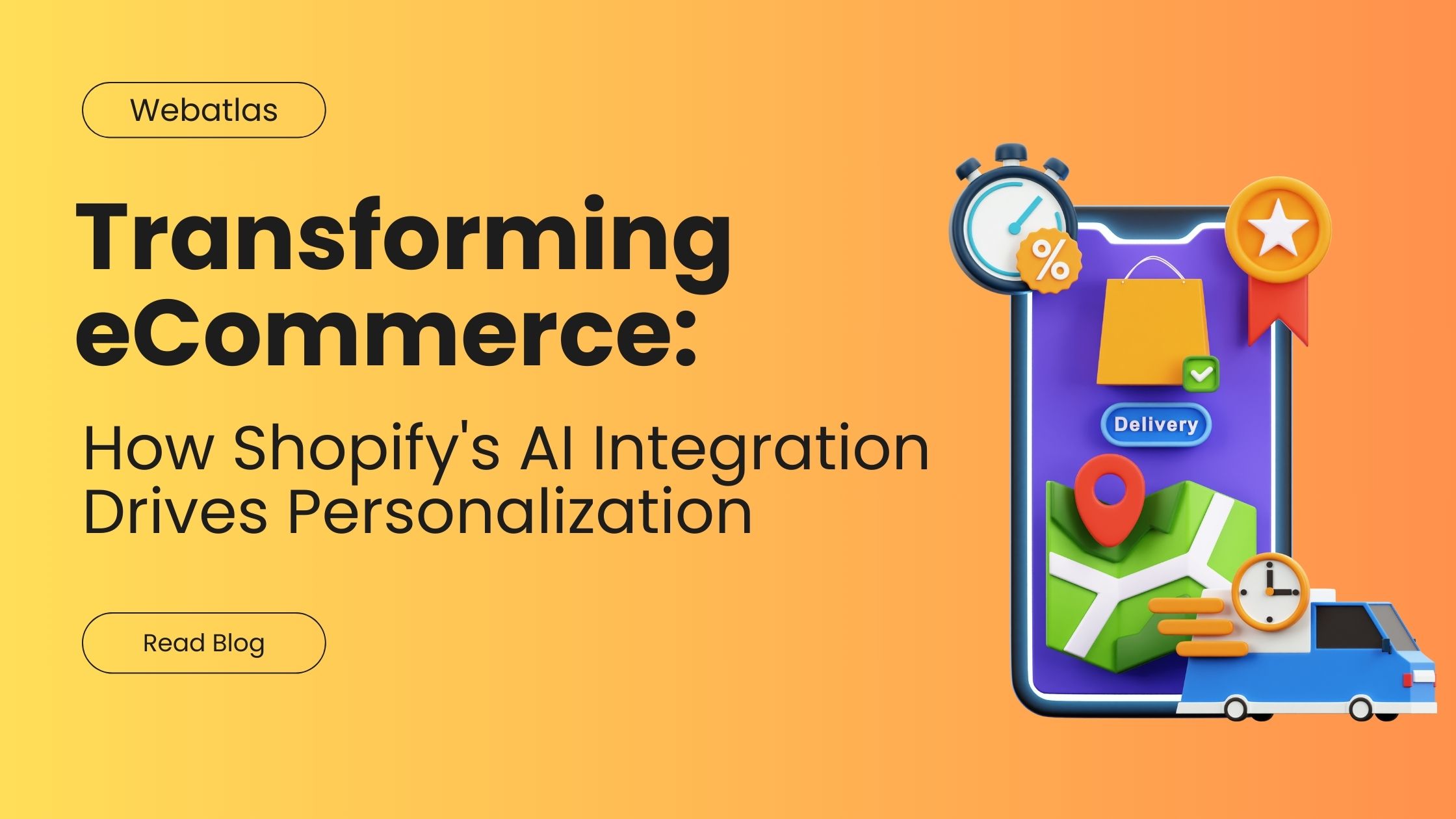Top 15 E-Commerce Trends to Watch in 2025: The Future of Online Shopping

The e-commerce landscape is evolving faster than ever, with technology, customer expectations, and global markets reshaping the way we shop online. As we move into 2025, businesses need to stay on top of emerging trends to thrive in this highly competitive space.
From AI-powered personalization to mobile commerce dominance, this guide highlights the top 15 e-commerce trends set to rule the market in 2025. We’ll also show how Webatlas, a trusted mobile app development company, can help you leverage these trends with cutting-edge e-commerce solutions and software testing services.
1. AI-Powered Personalization
Artificial Intelligence (AI) is revolutionizing how businesses interact with customers. In 2025, AI-driven personalization will become even more advanced, offering tailored product recommendations, customized marketing campaigns, and real-time customer support.
Examples:
- AI-powered tools like ChatGPT for customer service.
- Recommendation engines (e.g., Amazon) that predict what customers want.
2. Voice Commerce Will Gain Momentum
Voice search and smart speakers like Alexa and Google Assistant are reshaping online shopping. By 2025, more consumers will use voice commands to find products, place orders, and track deliveries.
How to Prepare:
- Optimize product descriptions for voice search.
- Offer voice-enabled shopping experiences in mobile apps.
3. Mobile Commerce Dominance
Mobile commerce, or m-commerce, will continue to dominate, with over 70% of e-commerce sales expected to come from mobile devices by 2025. Businesses need to prioritize mobile-first designs and ensure their apps perform seamlessly.
Tips to Stay Ahead:
- Build fast and responsive mobile apps.
- Invest in Progressive Web Apps (PWAs) for mobile-friendly experiences.
- Partner with a reliable mobile app development company like Webatlas.
4. Rise of Augmented Reality (AR) Shopping
Augmented Reality (AR) is transforming the online shopping experience by allowing customers to “see” products in real-world settings before purchasing.
Examples of AR in E-Commerce:
- Virtual try-ons for fashion and makeup.
- Furniture visualization (e.g., IKEA Place app).
AR will reduce purchase hesitation and enhance user confidence, leading to higher conversions.
5. Social Commerce Growth
Social commerce, where shopping happens directly on social media platforms like Instagram, TikTok, and Facebook, will continue to grow in 2025.
Key Trends in Social Commerce:
- Shoppable posts and live shopping events.
- Influencer-driven product launches.
- Seamless checkout within social platforms.
6. Subscription-Based E-Commerce Models
Subscription services are becoming increasingly popular, offering convenience and value to customers. From meal kits to beauty boxes, the subscription model will grow in 2025.
Benefits:
- Steady revenue for businesses.
- Increased customer loyalty and retention.
7. Blockchain for Transparency and Security
Blockchain technology will play a significant role in ensuring transparency, reducing fraud, and securing transactions in e-commerce.
Applications of Blockchain:
- Tracking product origins (important for ethical sourcing).
- Secure, decentralized payment systems.
- Fraud prevention and transparent supply chains.
8. Green and Sustainable E-Commerce
Consumers are increasingly eco-conscious, and businesses will need to adapt. By 2025, sustainable practices, eco-friendly packaging, and carbon-neutral deliveries will become industry standards.
How to Go Green:
- Partner with sustainable suppliers.
- Promote green certifications on your website.
- Implement carbon footprint calculators for deliveries.
9. Faster and Flexible Delivery Options
Speed is key in e-commerce. By 2025, businesses will adopt technologies like drones, robotics, and AI-driven logistics for faster deliveries.
Key Trends:
- Same-day or one-hour deliveries.
- Drone-based delivery systems.
- Flexible delivery options like BOPIS (Buy Online, Pick Up In-Store).
10. Hyper-Personalized Marketing
Data analytics and AI will allow businesses to offer hyper-personalized marketing strategies that target individual user behaviors and preferences.
Tools to Leverage:
- CRM software integrated with AI.
- Personalized email campaigns and dynamic product ads.
11. Buy Now, Pay Later (BNPL) Options
Payment flexibility is key to increasing conversions. BNPL solutions like Klarna, Afterpay, and Affirm will continue to grow, offering customers interest-free installment options.
Why BNPL Matters:
- Attracts younger shoppers (Gen Z and Millennials).
- Reduces cart abandonment.
12. Enhanced Cybersecurity Measures
As e-commerce grows, so does the risk of cyberattacks. Stronger security measures will be essential to protect user data and maintain trust.
Key Measures:
- Multi-factor authentication.
- Regular audits and software testing services.
- Compliance with GDPR and other regulations.
13. AI Chatbots and Customer Support Automation
AI-driven chatbots will handle real-time customer support, reducing response times and improving user satisfaction.
Benefits of Chatbots:
- 24/7 availability.
- Personalized interactions.
- Faster issue resolution.
14. Cross-Border E-Commerce Expansion
Globalization is enabling businesses to sell products internationally. By 2025, cross-border e-commerce will expand, driven by improvements in logistics and payment solutions.
Key Strategies:
- Offer multi-language and multi-currency support.
- Partner with international shipping providers.
15. The Rise of E-Commerce Apps
E-commerce mobile apps are becoming the preferred way for customers to shop. Apps offer faster experiences, better personalization, and loyalty programs that websites can’t match.
Why Apps Matter:
- Push notifications drive engagement.
- Mobile-first customers prefer apps for convenience.
Why Choose Webatlas for E-Commerce App Development?
Staying ahead of the competition in e-commerce requires robust, feature-rich mobile apps and platforms that deliver seamless user experiences. That’s where Webatlas comes in.
Webatlas Expertise in E-Commerce Solutions
- Mobile App Development: As a leading mobile app development company, Webatlas specializes in building fast, scalable, and user-friendly e-commerce apps.
- Custom E-Commerce Development: From Shopify integrations to custom platforms, Webatlas delivers tailored e-commerce solutions to meet your business needs.
- Software Testing Services: Webatlas ensures your e-commerce app is bug-free, secure, and optimized for peak performance.
- Cutting-Edge Technology: Using tools like Flutter, React Native, and advanced frameworks, Webatlas creates apps that offer seamless mobile shopping experiences.
With a proven track record in e-commerce and app development, Webatlas helps businesses leverage trends, improve user engagement, and drive revenue growth.
Final Thoughts
The e-commerce industry will undergo significant changes in 2025, fueled by technology, consumer preferences, and innovative strategies. Businesses that embrace trends like AI personalization, mobile commerce, and sustainability will lead the market.
Partnering with an expert mobile app development company like Webatlas ensures you’re equipped with cutting-edge e-commerce apps and platforms to stay ahead.
Ready to take your e-commerce business to the next level? Get in touch with Webatlas today to build future-ready solutions!
FAQs
1. What are the top e-commerce trends for 2025?
Key trends include AI-driven personalization, voice commerce, AR shopping, mobile commerce dominance, and sustainable e-commerce practices.
2. Why are mobile apps important for e-commerce?
Mobile apps offer faster performance, personalized experiences, and loyalty programs that drive engagement and sales.
3. How can Webatlas help with e-commerce app development?
Webatlas specializes in building scalable e-commerce apps, offering robust software testing services, and delivering user-friendly solutions tailored to your needs.
4. What is voice commerce, and why is it important?
Voice commerce allows customers to shop using voice assistants like Alexa or Google Assistant, offering a faster and hands-free experience.
5. How can I ensure cybersecurity for my e-commerce business?
Implement multi-factor authentication, regular audits, and partner with experts like Webatlas to ensure your app and platform are secure.
Recent Post
Let's talk about your project, or just come and say hello!
Webatlas Technologies is the fastest growing web and mobile app development company



